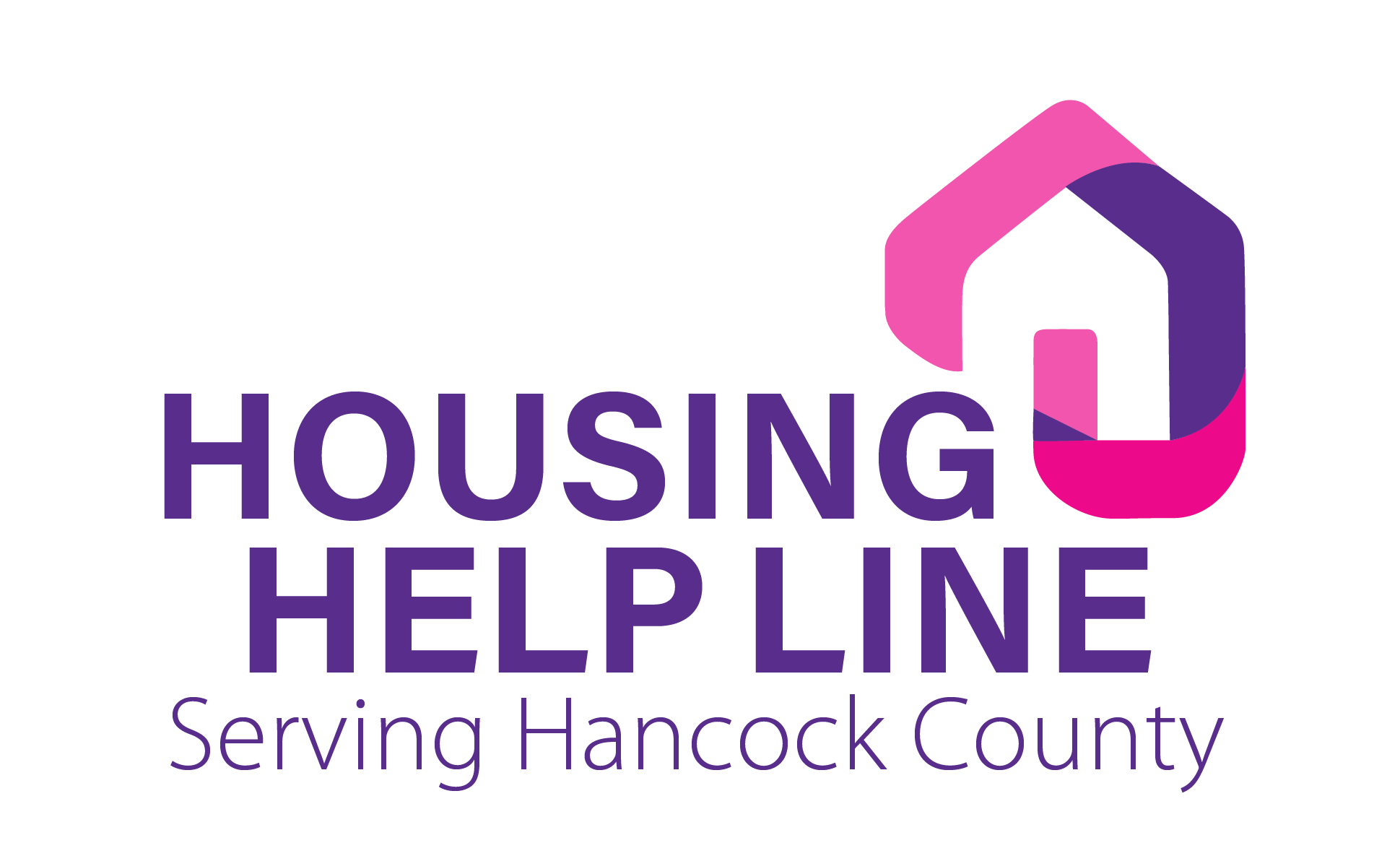Lean on close friends and family. Having the support of friends and family members is an invaluable asset in recovery. If you’re reluctant to turn to your loved ones because you’ve let them down before, consider going to relationship counseling or family therapy.
Build a sober social network. If your previous social life revolved around drugs, you may need to make some new connections. It’s important to have sober friends who will support your recovery. Try taking a class, joining a church or a civic group, volunteering, or attending events in your community.
Practice Self Care. Meditate, go for a walk, listen to music, read, talk to a supporter, find a hobby, watch a movie, volunteer etc.
Step away from your friends who use. Don’t hang out with friends who are still doing drugs. Surround yourself with people who support your sobriety, not those who tempt you to slip back into old, destructive habits.
Avoid bars and clubs. Even if you don’t have a problem with alcohol, drinking lowers inhibitions and impairs judgment, which can easily lead to a relapse. Drugs are often readily available and the temptation to use can be overpowering. Also avoid any other environments and situations that you associate with drug use.
Al-Anon meetings are a safe place where you can be with others who really understand - we have been there too and will share our experience, strength and hope. Anonymity is our spiritual foundation enabling us to share without fear.
Alcoholics Anonymous is a fellowship of men and women who share their experience, strength and hope with each other that they may solve their common problem and help others to recover from alcoholism. The only requirement for AA membership is a desire to stop drinking. There are no dues or fees for AA membership; we are self-supporting through our own contributions. AA is not allied with any sect, denomination, politics, organization or institution; does not wish to engage in any controversy, neither endorses nor opposes any causes. Our primary purpose is to stay sober and help other alcoholics to achieve sobriety.
Bowling Green, Ohio 43402
Visit the Alcoholics Anonymous of Area 55 (Bowling Green) Website
Medical Withdrawal Management services at Blanchard Valley Hospital provides medical management of physical withdrawal symptoms associated with substance dependence. Medical Withdrawal Management services offer a safe, confidential, medically managed inpatient setting to initiate the journey into recovery.
1900 South Main St.
Findlay, Ohio 45840
Visit the Blanchard Valley Health System - Medical Withdrawal Management Website
The mission of Family Resource Center is to provide specialized behavioral health services to children, youth, adults, and families in our multicultural communities in order to strengthen family life and promote personal growth.
2515 N. Main St.
Findlay, Ohio 45840
419-422-3711
1908 N. Main St.
Findlay, Ohio 45840
419-425-5050
FOCUS has a wide variety of programs, including AIRS, which welcomes all reasons and pathways of recovery.
FOCUS has a Recovery Housing Program which includes a Men's, Women's, and MOMS recovery homes.
Meals available every Thursday at 12 noon
509 W. Trenton Ave.
Findlay, Ohio 45840
The Hancock County Board of Alcohol, Drug Addiction and Mental Health Services (ADAMHS) is a public body comprised of members who share a deep commitment for how our local community works together to meet the mental health and substance use needs of our neighbors, friends, and loved ones.
The Board's function is to assess the needs, plan, monitor, fund, and evaluate services. With input from its professional staff and the community, the Board determines the direction of mental health and substance use disorder services, and contracts for these services through local providers. The Board provides full or partial funding for services, based on a sliding fee scale, utilizing federal, state, and property tax dollars for Hancock County residents.
438 Carnahan Ave
Findlay, Ohio 45840
Visit the Hancock County Alcohol, Drug Addiction and Mental Health Services (ADAMHS) Board Website
We believe to achieve excellence, each member of our team must take ownership in its success and that we must be responsible to the community for implementing programs and strategies that improve the overall health of our population.
Our goal is to help people who use drugs stay safer, healthier, and avoid overdose. We provide new syringes and sterile supplies in a non-judgmental, anonymous, and supportive setting.
2225 Keith Parkway
Findlay, Ohio 45840
In response to God's love for all persons, Lutheran Social Services of Northwestern Ohio provides human services that will strengthen the mental, moral, physical, social and spiritual well-being of those who seek this agency's services.
Caughman Health Center provides both family practice and pediatric care to area residents, regardless of ability to pay. For patient convenience there is an on site laboratory, pharmacy assistance program, social workers and a care navigator. All fees are based on a sliding scale, and most insurances are accepted including Ohio Medicaid and self-pay.
1800 N Blanchard St, #121
Findlay, Ohio 45840
Our mission is to provide mentorship and resources for adults who are involved in the Hancock County criminal justice system, helping them to live crime-free, drug-free, productive lives.

In the Rooms
SMART Recovery
Recovery Dharma Online